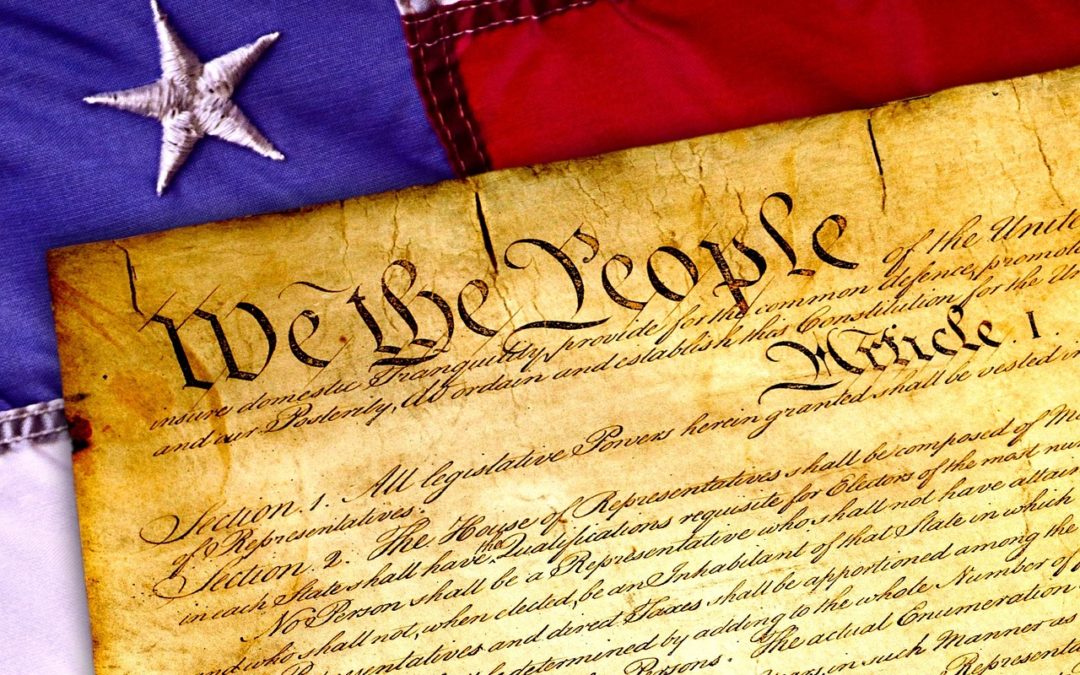The First and Second Amendments to the U.S. Constitution get a lot of attention. Freedom of religion, speech, and the press, as well as the right to bear arms are no doubt important. However, it got me thinking: Why don’t we talk about the other amendments as much? Wait, what are the other amendments?
Sure, I can think of a few off the top of my head that play an important part in current affairs, but as a person whose career revolves around laws, primarily their inception, I am not as knowledgeable as I could be.
That’s why we thought it might be fun to review the first 10 amendments to the U.S. Constitution, also known as the Bill of Rights, and tie the conversation to the governance of community associations.
In the first post of this series, in which we’ll count down from 10, we’ll take a look at the Tenth Amendment: Undelegated Powers Kept by the States and the People. The powers not delegated to the United States by the Constitution, nor prohibited to the states, are served to the states respectively, or to the people.
Skipping over the part of the powers served to the states, I believe community associations are the epitome of the Tenth Amendment. Following the transition from the developer to a board comprised of homeowners, the rules that govern associations are created, amended, and enforced by the people within the community.
There is, of course, controversy and multiple perspectives. Homeowners who think it’s them against the board may disagree with rules that they think are discriminatory, or board members who unreasonably enforce rules will cast a shadow on a community whose rules were created to foster a sense of community. While these situations do occur, we need to focus on educating homebuyers, board members, legislators, and the media on the purpose of rules.
Rules and regulations give each association its own identity and are ultimately created to preserve and protect property values. Homebuyers need to learn that rules are created to ensure respect and that they outline responsibilities among neighbors. Board members must enforce these rules and regulations fairly. Legislators need to create laws that give associations the ability to govern more efficiently and effectively. The media needs to be fair in its reports to account for the perspectives of all parties.
CAI’s public policy on government regulation of community associations is right in line with intent of the Tenth Amendment, as it states, “Governance should be allowed to occur at the lowest possible level, and legislative bodies and regulatory agencies should acknowledge the right of self-determination by owners who elect willing and able volunteers who typically have a substantial vested interest in their own communities.”



